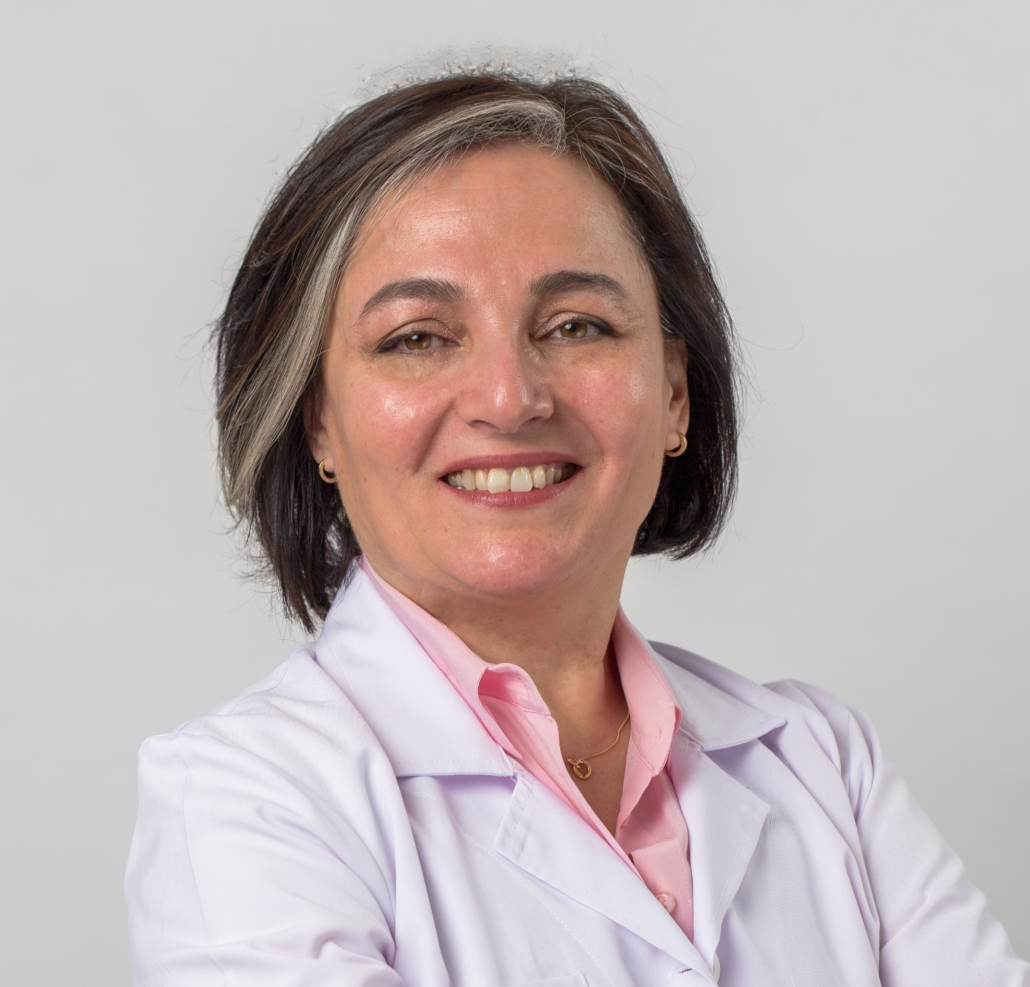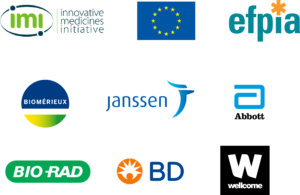AMR expert interview with Dr. Füsun Can
/in Interviews/by LeandraAMR expert interview with Dr. Füsun Can

Can you introduce yourself and describe your role in the AMR field?
I’m a medical doctor and a professor in medical microbiology. Currently, I am the laboratory director of the Koc University Research Center for Infectious Diseases in Istanbul. One of our laboratory units is focused on research in antibiotic resistance and we collaborate with different centres throughout Turkey, conducting multicenter studies. One of our research topics, for example, is biofilm related infections and we work together with other scientists from our university such as engineers and chemists to find new strategies to combat these infections. We also explore the efficiency of diagnostic tests, especially molecular and multiplex PCR tests.
What are some challenges that you are currently facing?
Antibiotic resistance and the treatment of resistant infections is not an isolated problem. We should look into the virulence of bacteria and the immune response of bacterial virulence factors as well. By focusing on these aspects together, we can uncover new strategies to combat resistant bacterial infections. In my laboratory, we’re delving into studies on pathogenesis and virulence factors.
Why should people be concerned about AMR?
Antibiotic resistance is concerning because of several reasons. It poses a significant global health threat, leading to issues such as bacterial infections with increased severity and fatality rates. In Turkey, being a critical geographical bridge between Asia and Europe, there’s a unique challenge with the spread of resistance genes from both regions.
On top of that, inappropriate antibiotic use and limited access to rapid diagnostics contribute to the growing problem. Altogether, this causes higher fatality rates and puts economic strain on the public and the government. High carbapenem-resistant rates, for example, complicate possible treatments which in a lot of cases ends up in expensive combination therapies and delayed results. Another example is the resistance to common antibiotics like Ciprofloxacin for urinary tract infections, so there is a growing concern for treatment failure.
Do you believe the Turkish population is aware of these risks?
Among the educated population, there’s a growing awareness of the risks associated with antibiotic resistance and the inappropriate use of antibiotics. However, this awareness is lacking among the non-educated groups of Turkish society. In a lot of cases, we see a strong preference for injectable antibiotics over oral ones, even in minor infections. Especially the overuse of antibiotics for respiratory infections remains a problem. Part of the cause is the difficulty to diagnose those infections and the expensive diagnostic tests.
What is the expected impact of the work you’re doing?
In my laboratory, we collaborate closely with clinicians to address emerging infectious disease challenges in our country and region. Embracing a ‘One Health’ approach, we engage infectious disease specialists, veterinarians, and agricultural professionals to monitor antibiotic resistance across Turkey. This collaborative effort aims to contribute significantly to the prevention and control of AMR. Additionally, our team conducts clinical research focusing on antibiotic resistance and antimicrobial stewardship. Through initiatives such as AMS programs and evaluating the impact of rapid diagnostic systems on patient outcomes, we aim to improve clinicians’ ability to manage patients effectively.
One of the aims of VALUE-Dx is to demonstrate the value of diagnostics to change the antibiotics prescribing behaviour. Can you comment on this?
Rapid diagnostic systems are crucial yet their high cost remains a barrier, especially for countries like Turkey with limited economic resources. Cheaper diagnostic tools are essential, but ensuring their effectiveness across different regions, including those with specific resistance genes, is equally vital. It’s essential that diagnostic tools developed by companies in Europe or the United States address a broader range of resistance issues to have a meaningful impact globally.
How did the COVID-19 pandemic impact the research on AMR?
During the COVID-19 pandemic, our research laboratory faced significant shifts in focus and resources. The launch of our lab was originally delayed due to financial factors but because of the start of the pandemic, new funds became available. So, we were able to conduct vital COVID-19 studies. However, travel restrictions and lab closures delayed our AMR studies. Similarly, across Turkey, microbiologists redirected their efforts towards COVID-19 diagnostics, with routine laboratories repurposed for testing. Despite these challenges, we remain committed to resuming our AMR projects and anticipate catching up on our schedule within the coming months.
On the positive side, there has been a significant increase in awareness regarding the appropriate use of antibiotics for respiratory infections. Previously, all pneumonia cases were typically treated with antibiotics, but now there’s recognition that viral infections can also cause pneumonia. This shift has led to improved understanding among both the general population and the medical community, with people now aware of viral pneumonia and the importance of distinguishing between bacterial and viral infections. Additionally, the pandemic has contributed to greater public knowledge about PCR tests, thanks to educational programs and discussions on television.
- About Füsun Can
Prof. Füsun Can is a professor in the department of Medical Microbiology at the Koc University, School of Medicine. She is also the laboratory director of the Koc University Research Center for Infectious Diseases in in Koç University. Her research interests span antimicrobial resistance and emerging diseases. Much of her work on molecular epidemiology of antibiotic resistance and host-pathogen interactions. She is editor of books on Emerging Infectious Diseases: Clinical Case Studies (2014, Elsevier, awarded by British Medical Association as the book of the year), and Antimicrobial Stewardship (Elsevier, 2018). She is a member of ESCMID (European Society of Clinical Microbiology and Infectious Diseases) and American Society for Microbiology (ASM).

More interviews


Social Media
This project has received funding from the Innovative Medicines Initiative 2 Joint Undertaking under grant agreement No 820755. This Joint Undertaking receives support from the European Union’s Horizon 2020 research and innovation programme and EFPIA and bioMérieux SA, Janssen Pharmaceutica NV, Abbott, Bio-Rad Laboratories, BD Switzerland Sàrl, and The Wellcome Trust Limited.
